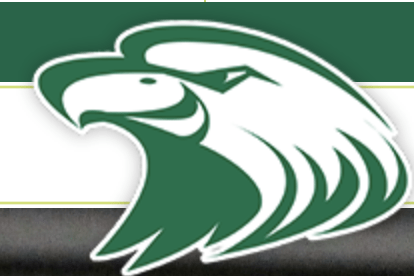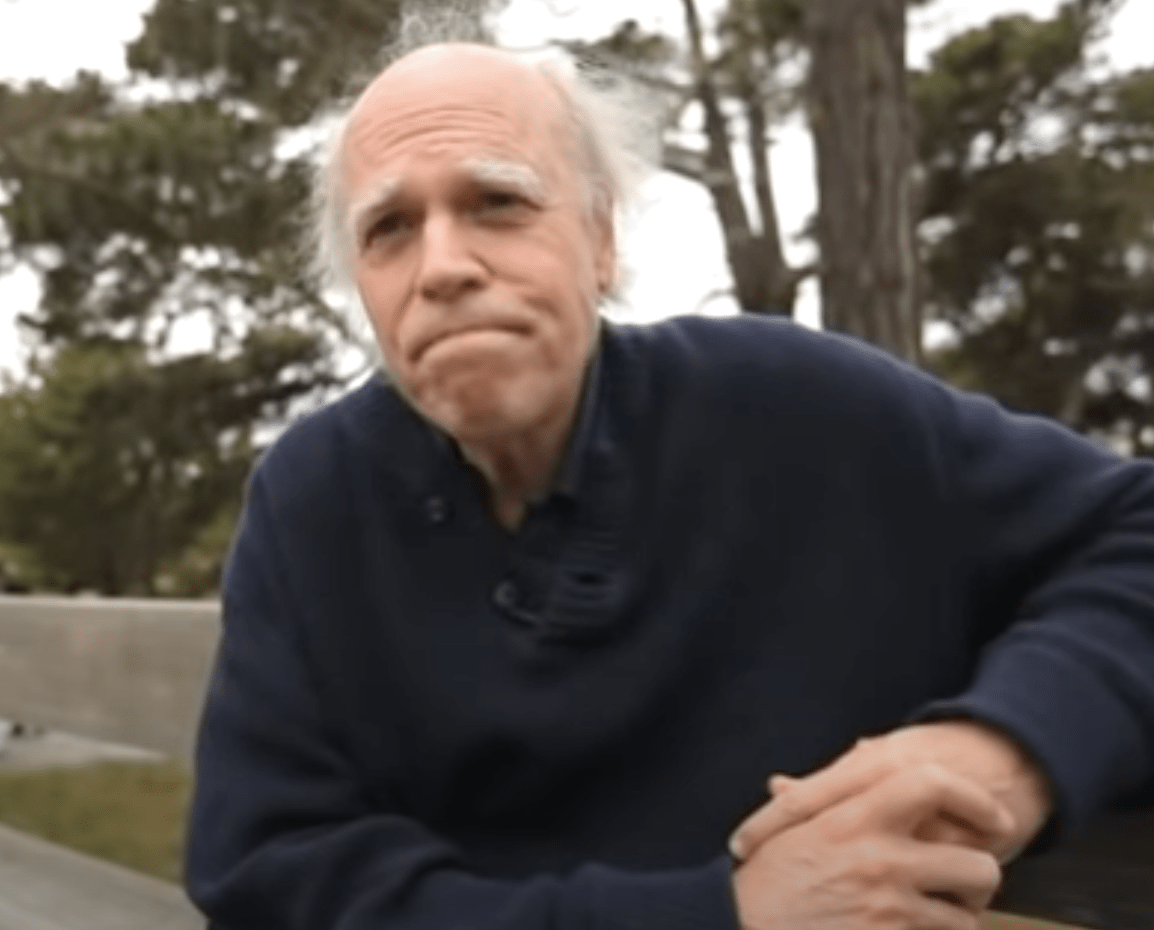Discourse Community "Codes" & Meaning
EN111 - Comp2





..."If I enter my neighborhood bar and say to my tattooed drinking buddy, as I sit down, 'May I have a match please?' my grammar is perfect, but what I have said is wrong nonetheless. It is less often remarked that a person could be able to use a language perfectly and still not make sense" (Gee, 1989, p.5).
---Your reading notes this week shed light on types of discourse and ways of speaking in-person and online.
With a partner(s), share an example of your D.C.
interaction and LEAVE a comment in your notes
about sharing language behaviors of your
discourse community with others.
Opening Scenario from James Paul Gee

Discourse Community, so far...
- Speech vs. Discourse com.
- Public goals
- Participatory mechanisms for communication
- Genres of communication
- Conventions and rules
- Acquires a lexis
- Threshold level of members; hierarchy, expertise
- Socialization; literacies; levels of discourse
Tremain & Gee's discussions bring...
- Forming and participating in the group - My Identity
- Memes & textual genres of the group; communication genres; group's branding
- Language and literacy: how a group socializes
- Trans-languaging
- Code-meshing
- Performing membership
- Their form/medium of writing...
- Their form/medium of communication...
- Serves the rhetorical needs of the group...
- Responds to the situations of the writer...
- Genres are action-oriented, they accomplish tasks...
- Genres have formulas (repeated similarities) but can be adapted by the discourse community...
- Rules of Genre are decided by the discourse community...
- Genres can be more CONTEXT-centered than always CONTENT-centered. In other words, the HOW things get done rather than WHAT gets done...
How do Discourse Communities use Genres?

Tremain discusses how Internet Memes are a type of "textual genre" that can express language of a culture or a particular group. Thinking about your discourse community, how can you apply Tremain's conversation about memes and relate it to the language, behavior, attitudes of your group. Spend some time searching for a couple of memes connected to your group by doing a Google Image search. Or, how might you create a meme that shows aspects of your discourse community (e.g. goals, lexis, behaviors, levels of members, communication?) In other words, what qualities or features of your group would need to be obvious in a visual you create?
"Red" Activity
We also want to practice "writing with sources" using our readings on discourse community: Swales, Melzer, Gee, Tremain - Spend some time selecting a critical quote from at least TWO authors that you may want to use for your upcoming essay on discourse community. How might you take the quotes and apply it to YOU? (e.g. Tremain talks about... "quotes" This connects to my discourse community because...)
- Show an example of how your selected quotes could be applied via a social media post, website, artifact, news story, or example you might write about.
"Green" Activity
Both the Gee and Tremain articles talk a lot about the use of language, identity, and behavior that a group uses to demonstrate Discourse. Using the discourse community you are using for your topic proposal, write about an experience (tell a story) that you've recently had or in the past that demonstrates having to "switch" the way you talk from one situation to the next. In other words, you may speak one way in class to your professors but then with your group how do things change? Write about the lexis and communication style (specialized language) that makes the group unique.
"Purple" Activity
Some topics that are important for a researcher are: the ways a person gains membership within the community; how participation works in the group; or what is the focus of the writing and research on this discourse community. What do I have to add to the conversation? Using your background, experiences, knowledge or even something you've accomplished, explore the question: What can I add to my discourse Community? Using Tremain, how does she help you think about answering these questions about discourse community? Look back through your notes or the reading to consider this question.
"Orange" Activity
-What was your color-coded slide prompt? Discuss in groups what you started working on in these slides.
- What questions about your group are in need of answereing for the Topic Proposal?
- Submit the In-Class Week 3: Color-Coded Activity. We will practice with scenarios in class Wednesday.
Share with the class...
Learn directly from Gee about Discourse, Community, Learning - How does your Discourse Community Problem-Solve?
"Discourse communities are fluid; they are always changing across time and as participants move in and out of them...language expectations are negotiated across time and participation" (Tremain 89).
What is a way your discourse community and its expectations have changed over time? Is change a good or bad thing in a discourse community? Why or Why Not? What does new information mean for the group?

What type of scenario would you choose to better showcase your writing and purpose about a discourse community?
Within your group, each member select a scenario to respond to and write about within your thread - later we will share how the scenario made you think about concepts of communication, action, goals, genres, and important concepts within your D.C.
Interaction Thread - Discourse Group Scenarios
D.C. Codes & Meaning
By codys
D.C. Codes & Meaning
- 394






